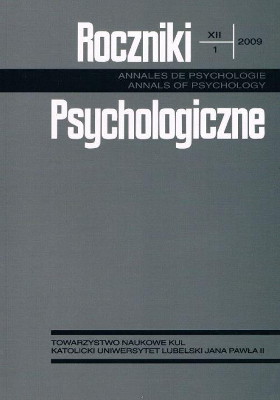The Relationship between Biology and Psychology
Abstract
Kandel (2006) started his career interested in becoming a psychoanalyst, and turned to biology in what he describes as at the time a naïve wish to find the basis for the id, ego, and superego in the brain. Although committed to reductionism, that is, an effort to understand the biological processes involved in all psychological phenomena, I do not read him as denying the value of studying phenomena at the psychological level. Rather than fighting a battle for scientific hegemony, psychologists and biologists, biopsychologists and behavioral neuroscientists, and those who go by other names might best focus their efforts on a multilevel approach to understanding the phenomena of interest to them. For me, the intriguing question of the relation between biology and psychology is whether phenomena observed at one level can drive new questions to be asked at another level or questions to be asked in a different way. For example, can observations concerning consciousness and the unfolding of self lead to new questions about the organization of brain structures (Damasio, 1994)) or, conversely, can the discovery of mirror neurons (Gallese, Fadiga, Fogassi, & Rizzolatti, 1996) lead to our asking different questions about the development of consciousness and self? This seems to me to be truly the area in which work at the psychological and biological levels can enhance one another and go beyond battles concerning the value of reductionism and discipline imperialism.
Copyright (c) 2009 Roczniki Psychologiczne

This work is licensed under a Creative Commons Attribution-NonCommercial-NoDerivatives 4.0 International License.


